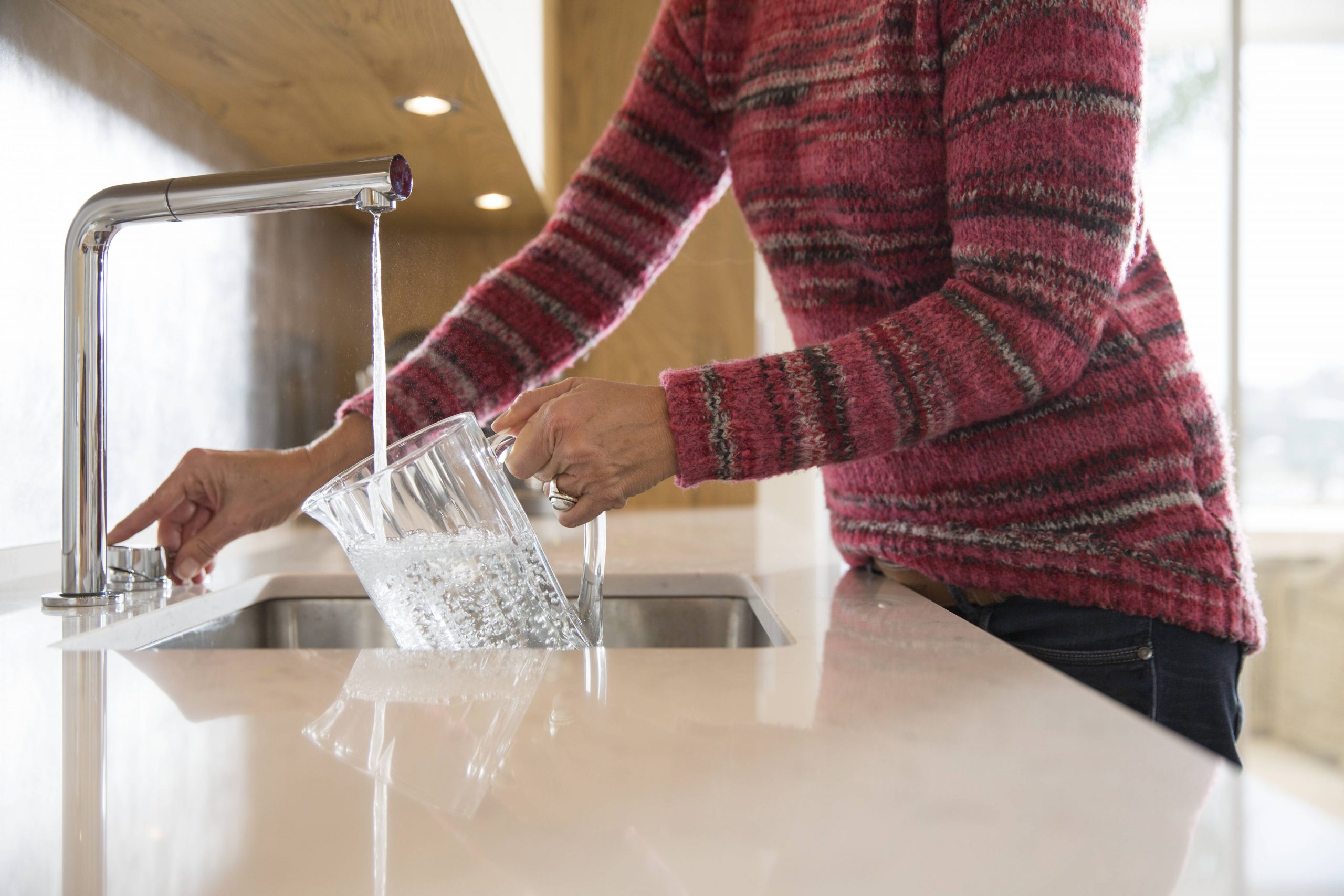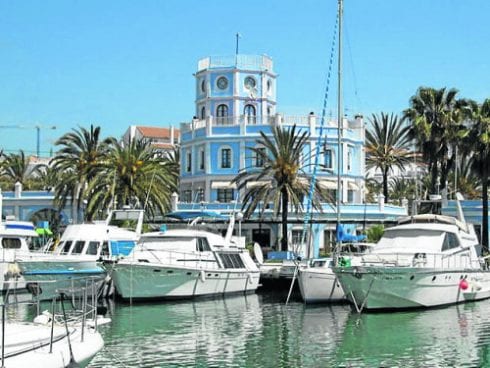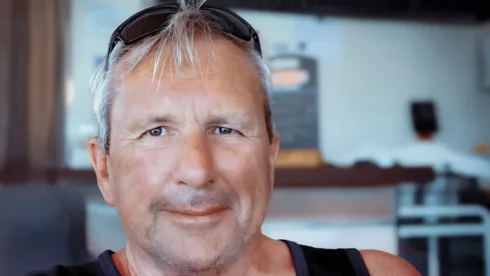EXPERTS are sounding the alarm over Spain’s tap water after studies have shown harmful levels of nitrates in towns across the country.
According to the National Consumer Water Information System (SINAC), up to 411 municipalities have been forced to introduce bans on tap water due to nitrate contamination between 2016 and 2021.
This made them look for alternative supplies, including water delivery by tanker trucks, bottled water or ‘denitrifying devices’.
In July this year, Torrejoncillo del Rey, a small town in Cuenca, was among the latest to ban tap water, telling residents it was ‘not suitable for human consumption.’
Under Spanish law, tap water must not exceed a nitrate level of 50mg per litre – in Torrejoncillo it was at 80.
Socialist mayor Piedad Balsalobre told El Periodico: “It’s a serious problem.”
The tiny town was forced to rely on bottled water, causing a surge in plastic waste that almost overwhelmed its waste collection services.
But what are nitrates?
Nitrates are nutrients that occur naturally in the environment and can be found in soil, water or rocks.
According to Healthline, nitrates are ‘relatively inert, which means they’re stable and unlikely to change and cause harm.’
However, it adds: “Bacteria in the mouth or enzymes in the body can convert them into nitrites, and these may be harmful.”
According to a report by the Junta de Andalucia, high exposure to nitrites, often used to preserve red meat, is feared to cause cancer, however there has yet to a scientific study to prove it.
The most at risk group of high nitrate levels in water are children.
According to the University of Washington: “Drinking or eating a lot of nitrates can stop red blood cells from doing their job of carrying oxygen. When red blood cells in babies less than 12 months old don’t carry oxygen well, it can make the baby’s skin look bluish or brownish (“Blue Baby Syndrome,” also called methemoglobinemia), and make the baby sick.”
According to Greenpeace, the biggest cause of contaminated nitrates in water is livestock farming, particularly involving pigs, followed by intensive agriculture and synthetic fertilisers.
In the town next to Torrejoncillo, unsurprisingly, there are four large pig farms and two sheep farms, which uses large amounts of animal excrement as fertiliser (slurry).
This seeps into the ground and passes into nearby springs and wells, which ultimately supply towns with water.
“They are poisoning us, they have been doing it for years. I haven’t drunk tap water in twenty years. The springs are very contaminated,” added Mercedes, a City Council worker.
But it is not just a problem in central Spain, as nitrates are found in tap water across the country, albeit some areas are much more affected than others.
According to the latest data available, from 2021, the region where there have been the most readings equal to or greater than the 50 mg/l limit has been Valencia, with 180, followed by the Balearic Islands (174), Castilla La-Mancha (140) and Castilla y León (139).
Aragon had 55 such readings, followed by Catalunya on 36, while Andalucia had among the lowest with 35 – despite being the most populous region in the country.
Extremedura and the Canaries had nine readings over the nitrate limit while the Basque Country had just two.
Navarra, Murcia and Cantabria did not supply any data and only just over half (53%) of all town halls in Spain analysed their nitrate levels.
But out of those that did at least 5% had readings above the legal limit, representing an increase from 3.76% in 2016.
Greenpeace has placed the blame on a surge in macro farms, which are now seeing more than 900 million animals slaughtered across the country each year.
It means more and more fertiliser and slurry being used which ends up adding to the nitrates in the local water supply.








